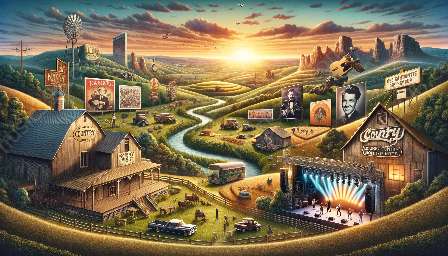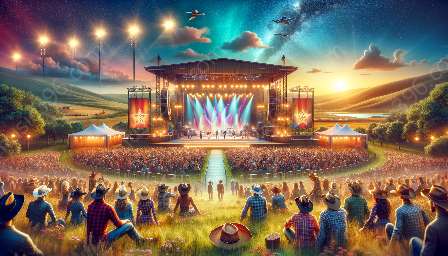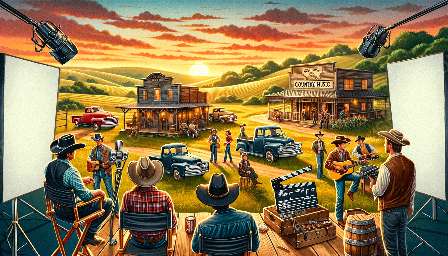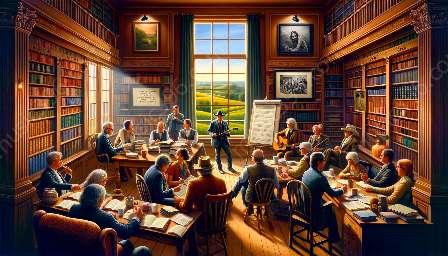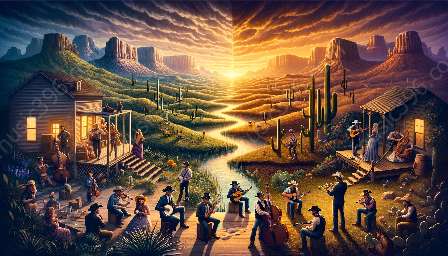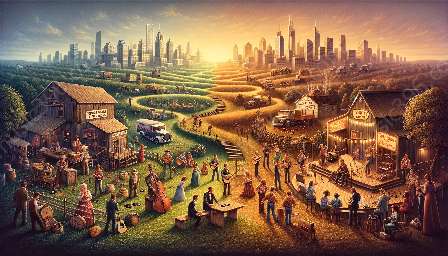Country music has been significantly influenced by social and political change throughout its history. This article explores the ways in which these factors have shaped the genre, from its early roots to the present day.
The Early Roots of Country Music
Country music has its origins in the rural areas of the southern United States, where it emerged as a distinctive genre in the early 20th century. At the time, the region was experiencing significant social and political changes, including the aftermath of the Civil War, the Great Depression, and the early stages of the Civil Rights Movement.
These turbulent times provided fertile ground for the emergence of country music, as the genre became a means of expression for the hardships and struggles faced by rural communities. The lyrics and themes of early country songs often reflected the social and political challenges of the era, addressing issues such as poverty, inequality, and the longing for a simpler way of life.
Impact of the Great Depression
The Great Depression had a profound influence on the development of country music. Many rural families faced extreme poverty and hardship during this time, and country music became a form of solace and solidarity for those experiencing these difficulties. Artists such as The Carter Family and Jimmie Rodgers gained popularity for their songs that resonated with the experiences of the working class, providing a voice for the struggles of the era.
Political Change and Country Music
The political landscape of the mid-20th century also played a significant role in shaping country music. The emergence of World War II and its aftermath brought about a shift in the themes of country music, with patriotic and wartime sentiments becoming prominent in the genre. Artists such as Hank Williams and Ernest Tubb addressed the experiences of soldiers and their families through their music, reflecting the broader social and political changes occurring at the time.
The Civil Rights Movement and Its Influence
The Civil Rights Movement of the 1950s and 1960s had a transformative impact on country music. As the struggle for racial equality gained momentum, country artists began to address issues of race and discrimination in their music. The emergence of artists like Charley Pride, who became the first African American to achieve significant success in country music, marked a pivotal moment in the genre's evolution, reflecting the changing social and political dynamics of the era.
Modern Transformation and Its Influences
In more recent decades, country music has continued to be shaped by social and political change. Topics such as globalization, environmental concerns, and shifting cultural norms have found their way into the genre's music and themes. Artists like Willie Nelson and Dolly Parton have used their platform to address issues such as environmental conservation and social justice, showcasing the ongoing influence of social and political change on country music.
Conclusion
The evolution and development of country music have been closely intertwined with social and political change. From its early roots as a voice for rural communities facing adversity to its modern-day reflections on global and cultural shifts, the genre continues to evolve in response to the world around it. By understanding the crucial role of social and political change in shaping country music, we gain insight into the genre's profound impact on society and culture.










